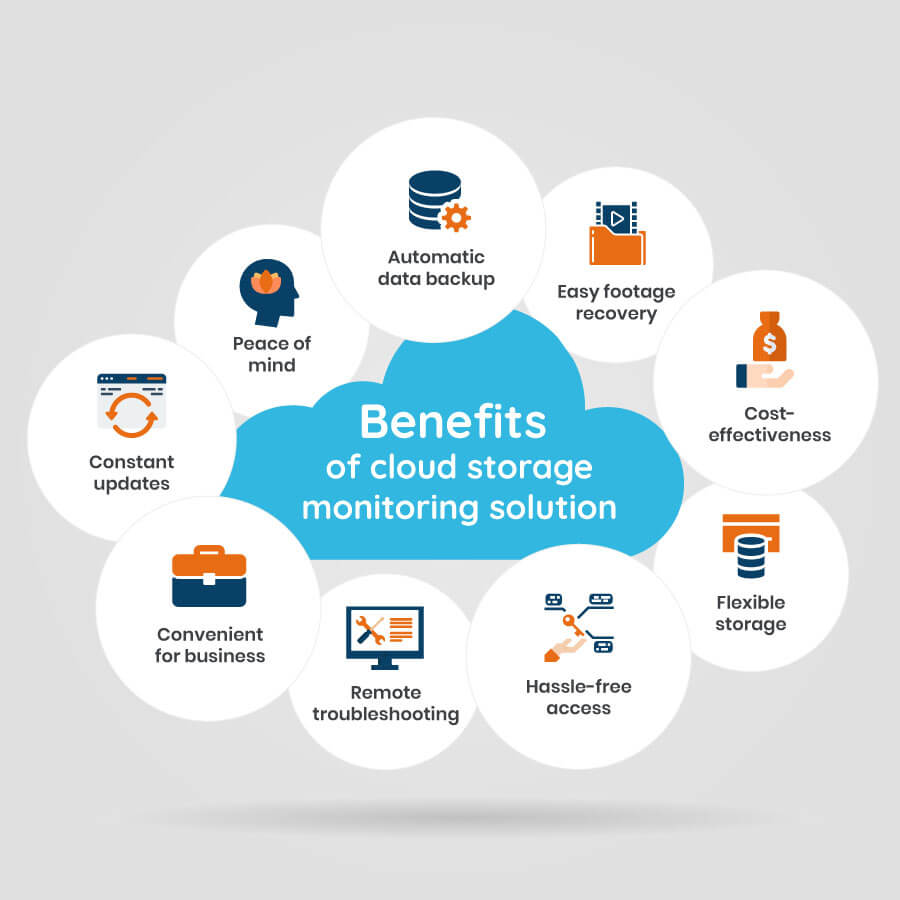Transform Your IT Infrastructure With Universal Cloud Solutions
In today's rapidly advancing electronic landscape, the change in the direction of universal cloud solutions has come to be a calculated crucial for companies looking to boost their IT framework. By discovering the nuanced means in which global cloud solutions can be tailored and incorporated, companies can genuinely unlock their full capacity in accomplishing digital change and competitive advantage in the market.
Advantages of Universal Cloud Solutions
One essential advantage is cost-efficiency, as cloud services remove the demand for ahead of time financial investments in equipment and facilities. In addition, cloud services provide adaptability and availability, making it possible for staff members to access information and applications from anywhere with a net connection.
Moreover, global cloud services offer better safety measures, with data security, regular backups, and built-in calamity healing devices. Generally, welcoming global cloud solutions can lead to enhanced effectiveness, agility, and competition for companies in today's digital age.
Migration to Cloud Infrastructure
Businesses significantly acknowledge the critical imperative of transitioning their IT facilities to cloud-based services. Migrating to cloud framework offers countless benefits, consisting of scalability, cost-efficiency, and increased dexterity. One of the key reasons business select cloud migration is the capability to scale sources up or down based upon changing needs, making certain ideal efficiency without overprovisioning. Cloud services eliminate the demand for substantial ahead of time investments in physical equipment, decreasing capital expenditures and allowing organizations to pay just for the sources they utilize.
An additional benefit of migrating to cloud infrastructure is the enhanced agility it provides. Cloud platforms offer rapid deployment of applications and solutions, allowing companies to adjust swiftly to market adjustments and stay ahead of rivals. Furthermore, the cloud facilitates remote access to applications and data, promoting cooperation amongst geographically dispersed groups.
Enhancing Data Protection Procedures

One crucial aspect of improving data safety and security is implementing multi-factor verification (MFA) to include an additional layer of protection past passwords. MFA requires customers to provide two or more confirmation variables, such as a password and a distinct code sent out to their mobile phone, before accessing sensitive data. This considerably lowers the threat of unapproved gain access to, even if passwords are endangered.
In addition, organizations need to frequently carry out safety audits and vulnerability analyses to determine and deal with prospective weak points in their information safety and security facilities - linkdaddy universal cloud storage press release. By staying aggressive and continually improving data protection steps, organizations can efficiently reduce risks and protect their useful info assets in an increasingly digital globe
Executing Cloud-Based Applications
In adapting to contemporary technical advancements, organizations are significantly leveraging cloud-based applications to enhance their procedures and enhance effectiveness. Cloud-based applications use a series of advantages, including flexibility, cost-effectiveness, and scalability. By implementing cloud-based applications, companies can improve procedures, improve cooperation among groups, and enhance overall productivity.

Additionally, implementing cloud-based applications can lead to much better information monitoring and safety and security. These applications usually have built-in security attributes and offer data file encryption to shield sensitive information.
Making The Most Of Cost-Efficiency
To attain ideal cost-efficiency in leveraging cloud-based applications, organizations have to strategically review their source appropriation and application. One vital approach for maximizing cost-efficiency is to embrace a pay-as-you-go design, where companies only pay for the sources and solutions they use. This flexibility permits cost savings by getting rid of the need to invest in costly framework that may not be completely utilized.

Regular monitoring and optimization of cloud sources are vital for determining locations where cost-savings can be attained. By analyzing usage patterns and efficiency metrics, organizations can make enlightened choices about resource allowance and additional enhance their procedures to make best use of cost-efficiency in the cloud.
Final Thought
In conclusion, global cloud services provide numerous benefits such as cost-efficiency, flexibility, boosted security procedures, and automated updates. Migrating to cloud infrastructure enables companies to take advantage of cost-efficiency, scalability, and dexterity to stay affordable.
In addition, cloud services provide versatility and availability, enabling employees to accessibility information and applications from anywhere with a net connection.Moreover, global like this cloud solutions supply enhanced safety procedures, with information file encryption, regular backups, and built-in disaster healing devices. Cloud platforms use quick release of applications and services, enabling companies to adjust promptly to market changes and remain ahead of competitors. Additionally, the cloud helps with remote access to data and applications, promoting partnership amongst geographically distributed teams.
In final thought, universal cloud solutions provide numerous advantages such as cost-efficiency, versatility, improved protection steps, and automated updates.